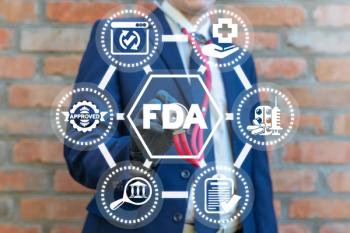
Johnson & Johnson’s TAR-200 is currently in clinical trials for patients with Bacillus Calmette-Guérin-unresponsive high-risk non-muscle-invasive bladder cancer who are ineligible for or elected not to receive bladder removal surgery.
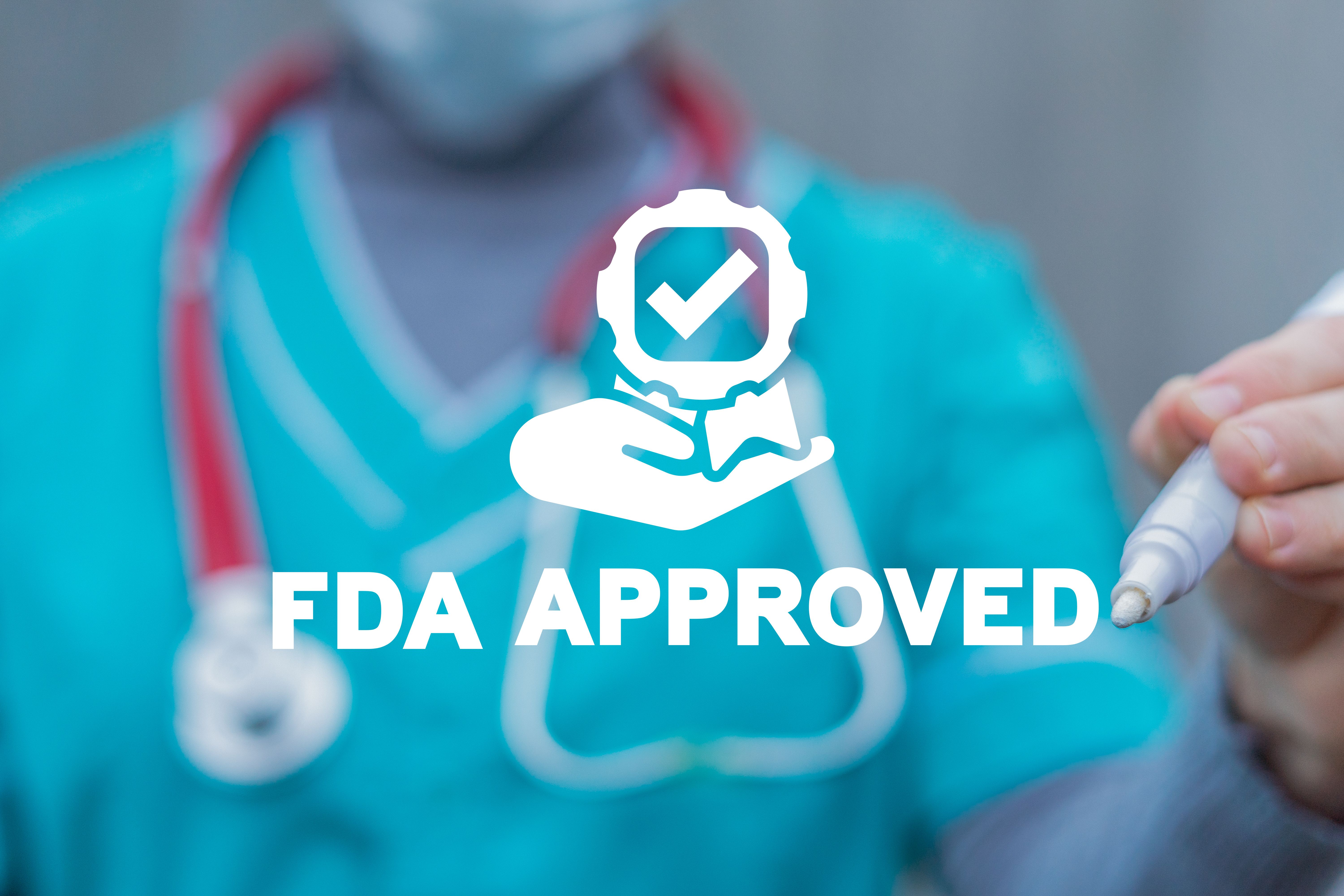

Johnson & Johnson’s TAR-200 is currently in clinical trials for patients with Bacillus Calmette-Guérin-unresponsive high-risk non-muscle-invasive bladder cancer who are ineligible for or elected not to receive bladder removal surgery.

Opdivo in combination with cisplatin-based chemotherapy shows durable responses and improved survival for patients with metastatic urothelial carcinoma.
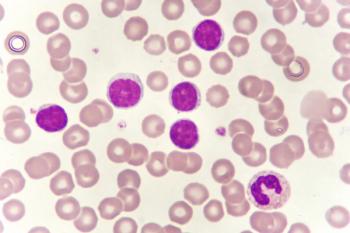
Pirtobrutinib (Jaypirca) is a next-generation, highly selected, non-covalent BTK inhibitor that has shown nanomolar potency against wild-type and C481-mutant BTK in cell and enzyme assays.

Supplemental Biologics License Application submission based on data from the Phase 3 KEYNOTE-A39 trial comparing Keytruda plus Padcev with chemotherapy of gemcitabine plus cisplatin or carboplatin.

FDA grants to expedite review of zotatifin plus Faslodex (fulvestrant) and Verzenio (abemaciclib) for patients with ER–positive, HER2-negative advanced or metastatic breast cancer.

Included in the FDA warning were levetiracetam, under the brand names Keppra and Keppra XR; Elepsia XR; Spritam; and clobazam, under the brand names Onfi and Sympazan.
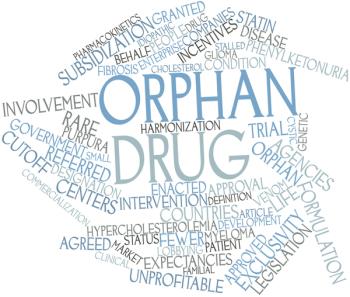
KRP203 (mocravimod) is intended to improve outcomes after hematopoietic stem cell transplantation for the treatment of hematologic malignancies.

Arcutis Biotherapeutics’ supplemental new drug application was supported by significant findings from a trio of Phase 3 trials, a Phase 2 dose ranging trial, and a pair of Phase 1 pharmacokinetic studies for roflumilast cream 0.15% to treat atopic dermatitis in patients 6 years of age and older.

Data from the EMERGENT clinical trial program show Karuna Therapeutics, Inc’s KarXT (xanomeline-trospium) produced statistically significant and clinically meaningful improvements in the symptoms of schizophrenia.
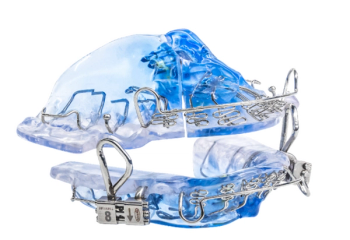
The clearance includes the Vivos Therapeutics, Inc's DNA oral appliance, the mRNA oral appliance, and the mmRNA oral appliance for adults with severe obstructive sleep apnea.
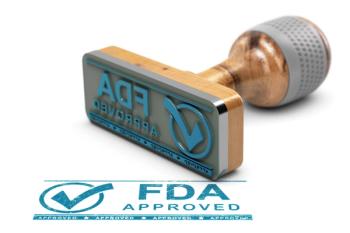
Results from the Phase 3 DeFi trial (NCT03785964) showed that nirogacestat (Ogsiveo) reduced the risk of disease progression or mortality by 71% compared with placebo.
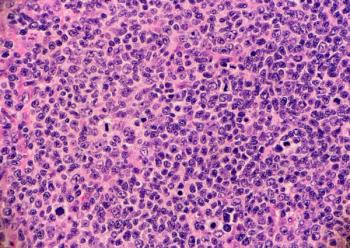
Epcoritamab-bysp (Epkinly; AbbVie and Genmab) is a T-cell engaging bispecific antibody under evaluation for the treatment of adults with follicular lymphoma that is relapsed or refractory following treatment with two or more therapies.

The FDA granted Fast Track Designation to ADP101 based on findings from the phase 1/2 Harmony trial (NCT04856865), which analyzed the safety and efficacy of the novel treatment in desensitizing patients with single or multiple food allergies.

First-in-class combination of capivasertib (Truqap) plus fulvestrant (Faslodex) approved for patients with HR-positive, HER2-negative locally advanced or metastatic breast cancer with one or more PIK3CA, AKT1 or PTEN biomarker alterations.

Astellas Pharma and Pfizer Inc's enzalutamide (Xtandi) gets FDA approval to treat nonmetastatic castration-sensitive prostate cancer with biochemical recurrence at high risk for metastasis.

Merck’s pembrolizumab (Keytruda) combined with fluoropyrimidine- and platinum-containing chemotherapy approved for the first-line treatment of patients with locally advanced unresectable or metastatic, HER2-negative gastric or gastroesophageal junction adenocarcinoma.

The FDA's approval of Bristol Myers Squibb’s repotrectinib (Augtyro) was based on findings from the open-label, single-arm, Phase 1/2 trial TRIDENT-1, which evaluated the safety, tolerability, pharmacokinetics, and anti-tumor activity of the drug in patients with advanced solid tumors.

The Phase 3 LOCK-IT-100 clinical trial for DefenCath was recommended for an early termination based on the demonstrated efficacy in treating catheter-related bloodstream infections in adults with kidney failure administered chronic hemodialysis.

In addition to its latest indication, PD-L1 IHC 22C3 pharmDx can help identify patients with non–small cell lung cancer, esophageal squamous cell carcinoma, cervical cancer, head and neck squamous cell carcinoma, and triple-negative breast cancer who may derive a benefit from treatment with pembrolizumab (Keytruda).

FDA expands indication for Pacira BioSciences, Inc's bupivacaine liposome injectable suspension (Exparel) as an adductor canal block and a sciatic nerve block in the popliteal fossa.

A pivotal Phase 3 trial for Ixchiq showed a 98.9% seroresponse rate at 28 days following a single immunization to prevent disease caused by chikungunya virus.

Adalimumab-bwwd (Hadlima; Samsung Bioepis Co., Ltd. and Organon & Co.) could become the third Humira biosimilar deemed interchangeable, following Cyltezo and Abrilada.

Adzynma was previously granted a FDA Rare Pediatric Disease Priority Review Voucher, as well as Priority Review, Fast Track, and Orphan designations for patients with congenital thrombotic thrombocytopenic purpura.

The FDA granted accelerated approved in May 2021 to pembrolizumab (Keytruda) plus trastuzumab (Herceptin), fluoropyrimidine, and platinum-containing chemotherapy for the treatment of locally advanced unresectable or metastatic HER2-positive gastric or gastroesophageal junction adenocarcinoma.

Fruzaqla may help to provide a significant survival benefit to patients with metastatic colorectal cancer without negatively impacting quality of life.